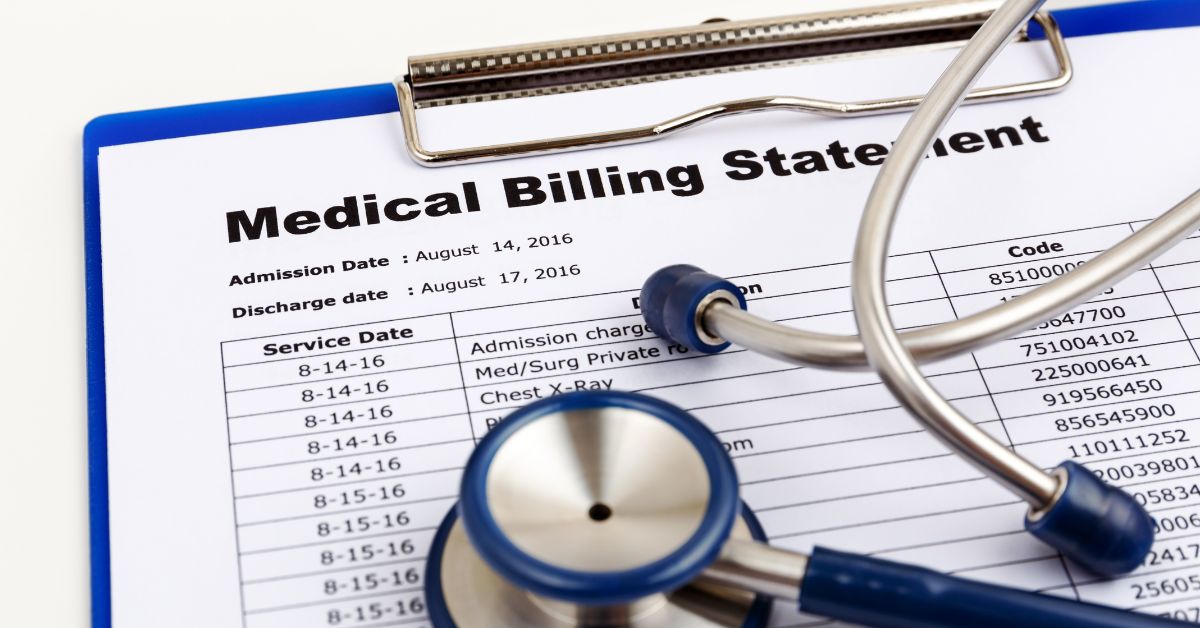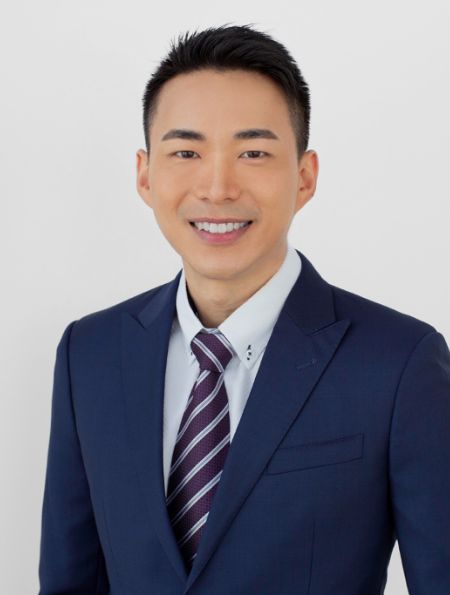Sleep apnea is more than just loud snoring – it is a serious sleep disorder that can affect your breathing, energy levels, and long-term health. For patients who do not respond to CPAP therapy or oral appliances, sleep apnea surgery may be recommended to open up the airway and improve breathing during sleep. If you are considering this option, understanding the sleep apnea surgery cost in Singapore and Malaysia can help you plan ahead.
Back to main channel: Sleep Apnea Treatment
How Much Does Sleep Apnea Surgery Cost?
The cost of sleep apnea surgery varies widely depending on the type of procedure, hospital class, and doctor’s expertise.
Singapore
Surgical treatments can cost anywhere between S$3,000 to S$15,000 or more, depending on the complexity of the procedure and chosen hospital.
Malaysia
Costs in Malaysia tend to be lower, though wide variation exists. Typical surgical procedures for sleep apnea might range between RM7,000 to RM30,000 or approximately S$2,000 to S$9,000.
Disclaimer: These prices are estimates based on available data from hospitals and medical directories in both countries. Actual costs may vary depending on the procedure type, hospital choice, doctor’s expertise, and individual medical needs.
Why Cost May Differ
Several factors influence the sleep apnea surgery cost between and within countries:
- Type of surgery: Some patients may require soft tissue surgery, while others need skeletal adjustments.
- Complexity: Multi-level airway surgeries or those requiring general anaesthesia are more expensive.
- Hospital fees: Private hospitals tend to charge more than public facilities.
- Surgeon’s expertise: ENT specialists with advanced sleep surgery training typically command higher fees.
- Post-operative care: Hospital stays, follow-ups, and medications contribute to the total cost.
Can Medisave Be Used for Sleep Apnea Surgery In Singapore?
Currently, Medisave cannot be used for obstructive sleep apnea (OSA) surgery in Singapore. While Medisave may cover some diagnostic tests or other approved procedures, surgical treatment for OSA in private practice is not eligible for withdrawal.
Patients may explore options such as private health insurance or hospital instalment plans to manage costs.
Is Surgery Always Necessary?
Not every patient with sleep apnea requires surgery. ENT Specialists typically recommend surgical treatment only after confirming structural causes of airway obstruction or when non-surgical therapies such as CPAP or oral appliances fail to produce results.
If you are unsure whether surgery is suitable for you, consult an ENT Specialist who can assess your airway and recommend appropriate options.
ENT Specialists You May Consider
If you suspect that you or your loved one has sleep apnea, early consultation with an ENT specialist is essential. The right specialist can identify the cause of your airway obstruction and recommend effective surgical or non-surgical options.

Contact us for an introduction to an experienced ENT specialist who can guide you through diagnosis and treatment for sleep apnea.
Frequently Asked Questions (FAQs)
1. What is the success rate of sleep apnea surgery?
Success rates depend on the type of surgery and the patient’s condition. Many patients experience significant improvement, though some may still require CPAP or additional therapy.
2. How long does recovery take after surgery?
Soft tissue surgeries may require one to two weeks of recovery. More invasive procedures, such as jaw surgery, can take several weeks to months for full recovery.
3. Are there non-surgical treatments for sleep apnea?
Yes. CPAP therapy, oral appliances, weight management, and positional therapy are common non-surgical options. Surgery is usually considered only when these fail.
4. Will insurance cover sleep apnea surgery?
It depends on the insurance plan. Some private health policies cover sleep apnea surgery under ENT or respiratory procedures. Always check with your insurer.
5. Is sleep apnea surgery painful?
Some discomfort is expected after surgery, but pain is managed with prescribed medications. Your doctor will explain what to expect and how to care for the surgical area.
Disclaimer: 365Asia aims to provide accurate and up-to-date information, our contents do not constitute medical or any professional advice. If medical advice is required, please consult a licensed healthcare professional. Patient stories are for general reading. They are based on third-party information and have not been independently verified.





